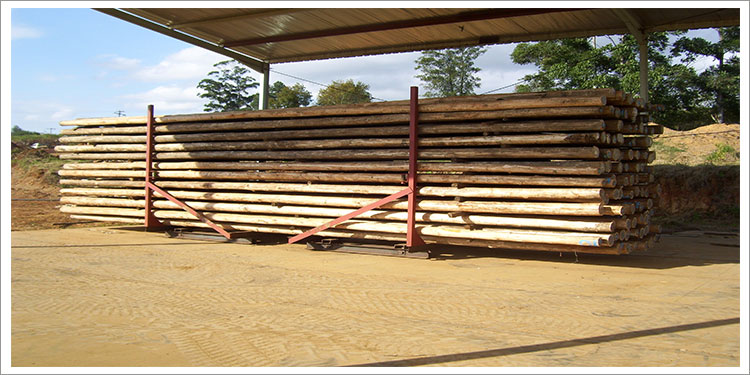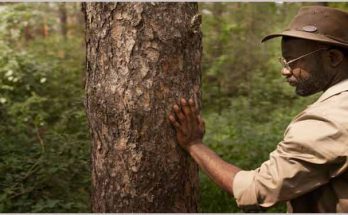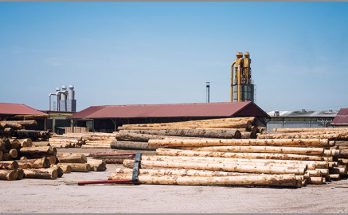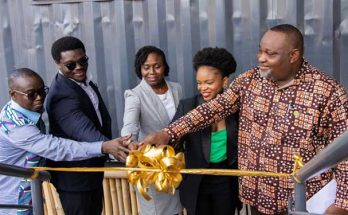 After FSC and the stadium managers agreed to a five-year naming rights arrangement, the new stadium would be known as “FSC Stadium of Life”.
After FSC and the stadium managers agreed to a five-year naming rights arrangement, the new stadium would be known as “FSC Stadium of Life”.
In Lesotho, Southern Africa, a brand-new football stadium known as the “Stadium of Life” is rapidly taking shape. As policymakers increasingly “bet on timber” to address infrastructure needs, the new construction is the first “certified” timber stadium in Africa and the first “FSC-certified” project in Southern Africa.
Following the acquisition of the €75,000 naming rights for the following five seasons by FSC International, the new stadium will be known as the “FSC Stadium of Life” when it opens.
The marketing and communication manager for FSC Southern Africa, Gerard Busse, says, “Project certification is more than just a stamp of approval.” This stadium is guaranteed to employ forest products from sustainably managed forests, encouraging environmental stewardship and—above all—community development.
Wood Central is aware that building on the 1,280-seat stadium, which is a joint venture between international organisations Rise International, FSC International, and DNV certification authority and a local charity called Kick4Life, began in August of last year. The stadium is anticipated to open for Christmas 2024.
8,584 conserved Eucalyptus poles from MTO Forestry’s FSC-certified plantations in Mpumalanga, South Africa, will be used in the project. By minimising the use of concrete, which is frequently used to build stadiums in Africa, the use of “certified timber poles” highlights the possibilities for sustainable building materials.
Pedro Clarke, the principal architect for the project, stated that “as the construction industry seeks materials with a lower carbon footprint, eyes are turning towards forest products.” He emphasised the potential of bio-based materials like lumber to lower carbon emissions. Prior to stating that “one cubic metre of eucalyptus wood captures 880 kg of atmospheric carbon dioxide, acting as a long-life carbon storage mechanism,”
Furthermore, he noted that the project will include a “Biodiversity Stand,” which will display native plants that complement K4L’s efforts in climate education.
According to Steve Flemming, co-founder of K4L, “the new facility will extend the impact of K4L’s existing centre, serving as both a home ground for the football teams and a platform for social change through football-based programmes.” Other features of the stadium include solar-powered lighting, an emphasis on indigenous landscaping, and repurposed shipping containers.
“The stadium exemplifies a paradigm shift in sports infrastructure, combining social impact and cultural representation,” says Daniele Gusman, founder and executive director of Rise International. This comes after Wood Central revealed last year that the Global South is turning to timber and bamboo to fuel a booming demand for infrastructure.



